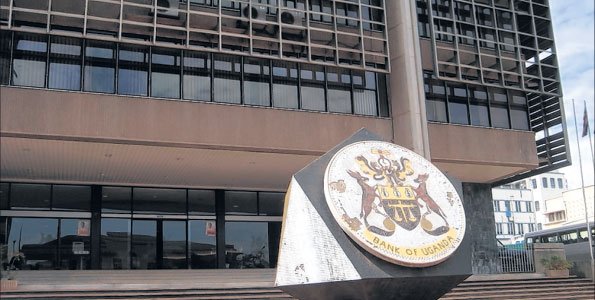Uganda central bank raises key lending rate to 10 pct (UPDATE 2)

- Country:
- Uganda
Uganda's central bank raised its key lending rate by 100 basis points to 10 per cent on Wednesday, the first hike in three years, amid worries among policymakers over rising inflationary pressures.
"Inflation is on an upward trajectory and core inflation is projected to rise above the target of 5 per cent within the next 12 months," Bank of Uganda (BoU) Governor Emmanuel Tumusiime-Mutebile told a news conference.
Razia Khan, chief economist for Africa at Standard Chartered Bank, said it was no surprise that Kampala's central bank raised the rate, given the likelihood that fuel price increases and a more volatile external environment pose a threat to the achievement of its inflation target next year.
"Growth in Uganda is also expanding, with more expansionary fiscal policy," Khan said. "Having not tightened in August, a rate hike of this magnitude makes sense."
A newly introduced tax on social media, rapidly rising oil prices and a weaker shilling exchange rate have all helped push up inflation, Tumusiime-Mutebile said, adding that easing domestic financial conditions and strong domestic demand would maintain a healthy growth momentum.
Starting July this year, Ugandan authorities introduced a new levy on access to a range of popular social media platforms including Facebook, WhatsApp, Instagram and others.
"The strong rebound in economic growth in financial year 2017/18 has closed the negative output gap, and with growth projected to remain robust in FY2018/19, core inflation could rise higher in the remaining part of the fiscal year," he said.
Core inflation, which the central bank monitors for monetary policy purposes, excludes food, fuel, electricity and metered water, rose from 0.8 pct in June to 3.9 pct in September.
"The increase in core inflation was partly due to higher services prices, which rose sharply at the beginning of the financial year reflecting the effect," of the social media tax, Tumusiime-Mutebile said.
Core inflation is projected to rise to between 6.5-7.5 per cent in the second half of 2019 if the current monetary stance is maintained, he said.
"Given the objective of keeping inflation close to the target of 5 per cent and the need to maintain economic growth, a modest tightening of monetary policy stance is warranted."
Since February, Uganda's benchmark lending rate has been at 9 per cent, it's lowest since the central bank began its inflation-targeting monetary policy.
(With inputs from agencies.)
- READ MORE ON:
- inflation
- Bank of Uganda
- rate
- percent
- years
- rising
- Uganda
- central
- bank
- central bank
ALSO READ
Wisconsin man gets over 7 years in prison for firebombing anti-abortion office
Rugby-Ten years on, nearly-men Waratahs playing for their season
Man sentenced to 10 years in prison for sexual assault in Uttar Pradesh
New research reveals surprising flavors of Roman wine
TB treatment success rate rose to 86.9 pc until Dec 2023, highest in 9 years: Sources










